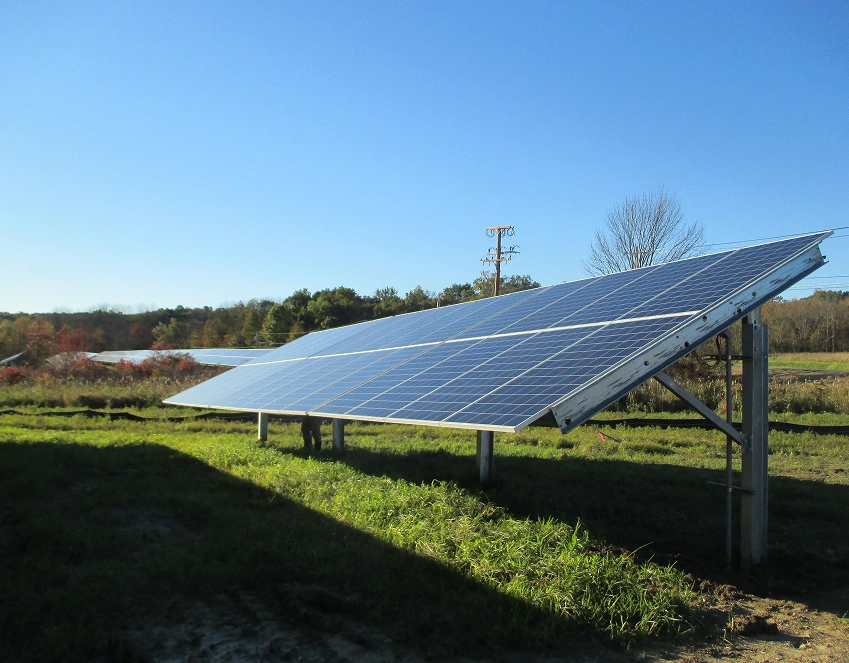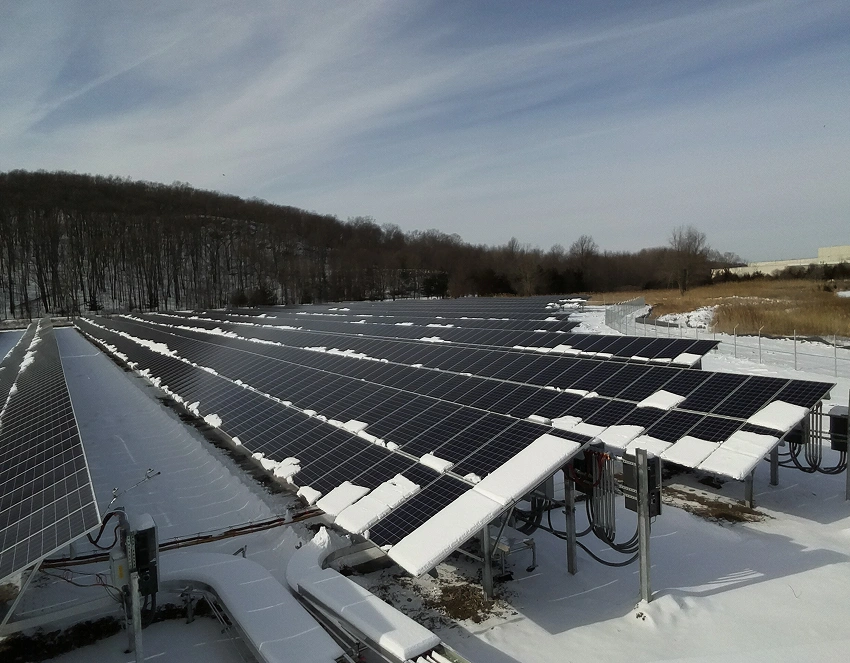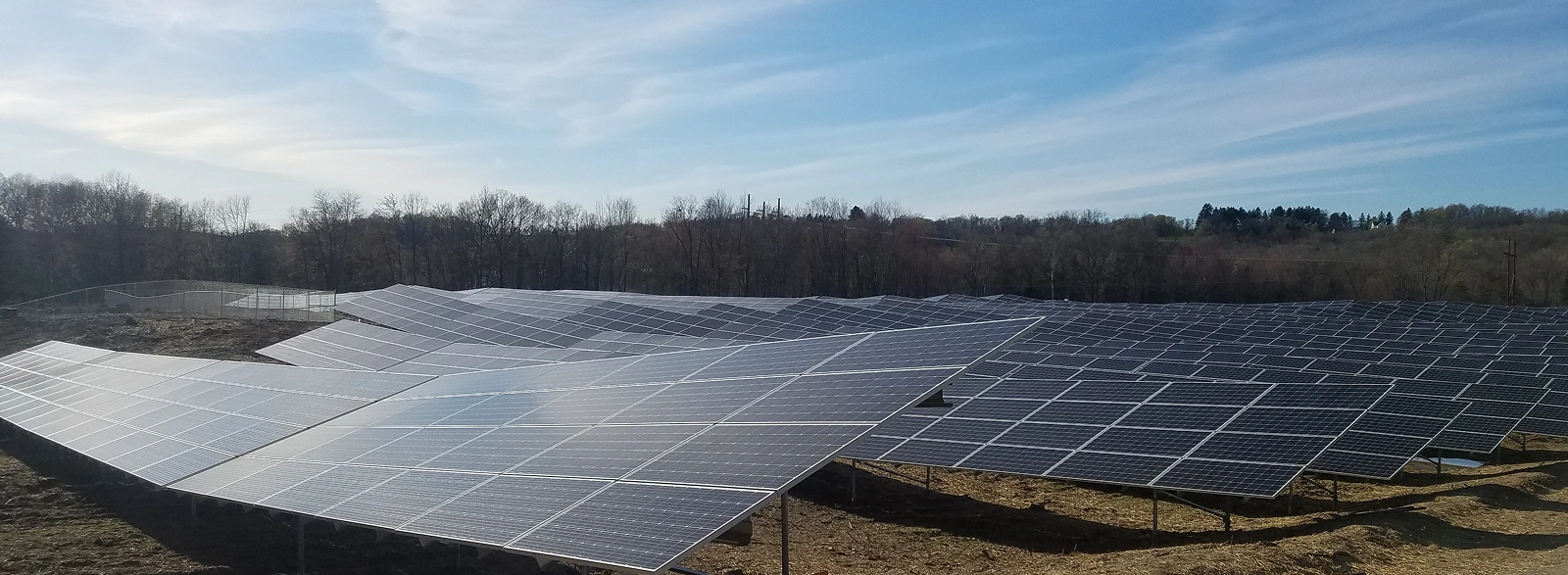
With years of expertise in the solar energy sector, we bring unparalleled experience, technical knowledge, and industry resources to every project. Our team of specialists ensures seamless project execution, from system design and engineering to procurement, construction, and ongoing maintenance.
By leveraging cutting-edge technology, strategic partnerships, and deep industry insights, we deliver high-quality, cost-effective solar solutions tailored to meet the unique needs of businesses, municipalities, and organizations.
Trust our expertise to power your success with sustainable energy solutions!
Ground mount solar installations are solar panel systems that are installed on the ground instead of rooftops. These systems are commonly used for residential, commercial, and utility-scale solar projects when roof space is insufficient or unsuitable for solar panels.
Flexible Location Options
Durability & Stability
Higher Energy Production
Minimal Roof Dependency
Various Mounting Options
Better Cooling & Performance
Scalability
Let RIVERTOWN ENERGY walk you through the details of commercial rooftop solar, including incentive programs tailored to your area, system planning, installation, inspection, certification, and connection Get a custom quote for solar for your business.

A commercial ground-mount solar system offers strong financial returns through reduced energy bills, protection from rising electricity costs, and the ability to sell excess power. Additional financial benefits come from government tax credits, depreciation, and local incentives. Businesses can also generate revenue by selling energy or renewable energy certificates (RECs). The system increases property value, supports ESG goals, and typically provides a 10-20% annual ROI with payback in 5-10 years, followed by decades of nearly free energy.


A ground-mount solar system is a solar panel installation placed on a framework secured to the ground, ideal for commercial and large-scale projects. It comes in fixed-tilt and tracking (single-axis and dual-axis) systems for optimal sunlight exposure. Benefits include higher efficiency, scalability, better cooling, and easier maintenance, though it requires more space and permits. While the upfront cost may be higher, long-term savings and incentives make it a cost-effective solution.